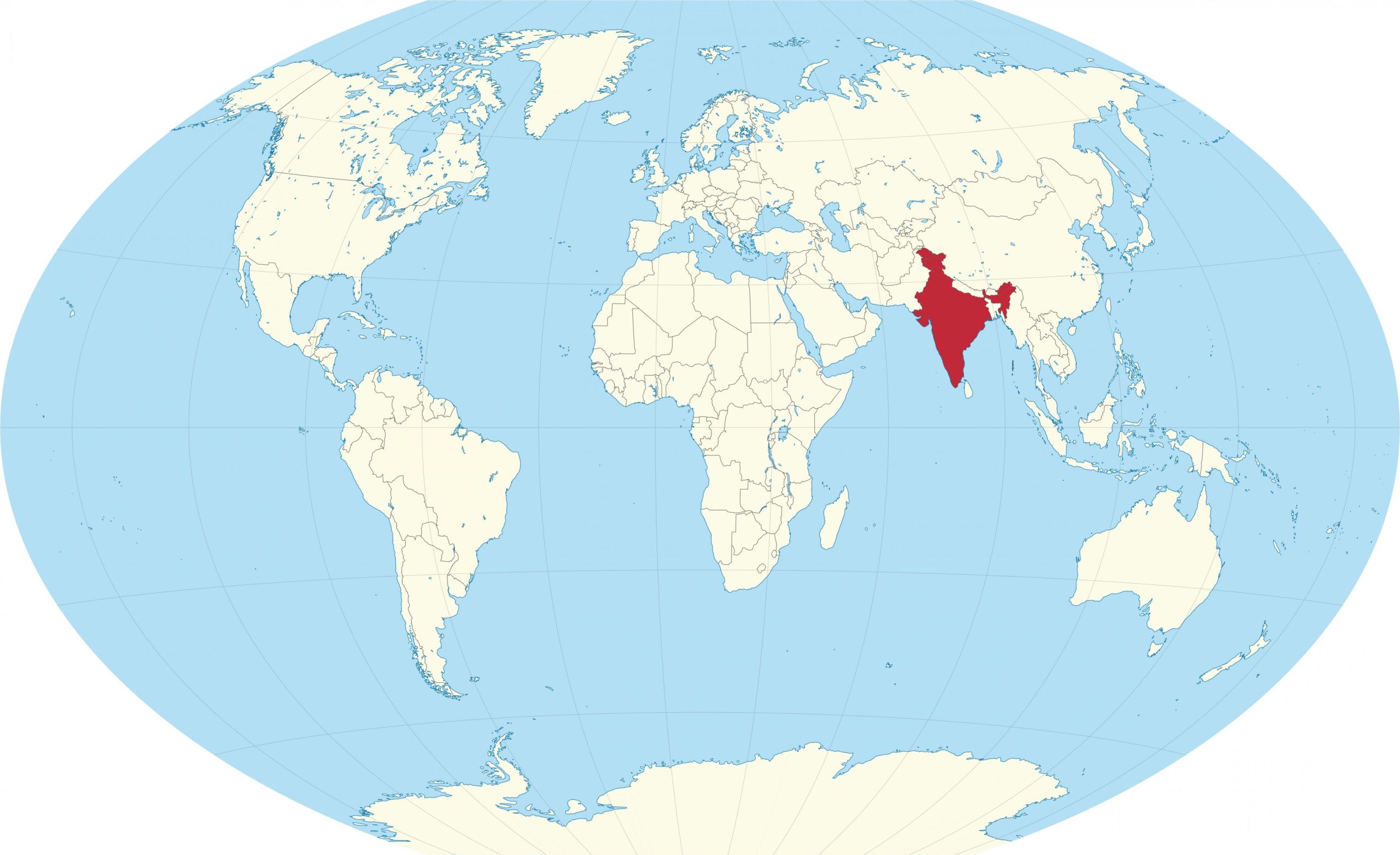Kavya Wadhwa
Nuclear and High Energy Physics
A Poison Pill for People-to-People Relationships Between IND-PAK.

Jammu and Kashmir (J&K) witnessed yet another instance of violence as five soldiers lost their lives and another was left critically injured in a terror attack on April 20. The attack took place in the Rajouri-Poonch Sector, situated in close proximity to the Line of Control (LoC) in the Jammu division. This incident highlights the precarious security situation in the region and the challenges faced by the security forces in maintaining peace and stability.
Moreover, the attack has added a layer of complexity to the situation as the region is gearing up to host the G-20 Tourism Working Group meeting in May. Islamabad sees this meeting as India’s move to assert its claim on J&K as an integral part of its territory and reject Pakistan’s claim before the international community. Despite ongoing efforts to ensure a successful event, the attack has undoubtedly complicated the situation.
The terror incident occurred after Islamabad announced the diplomatic travel plans of Pakistan’s Foreign Minister Bilawal Bhutto Zardari, who is expected to attend a Shanghai Cooperation Organisation (SCO) meeting in Goa next month. As a result, Delhi’s political circles have been abuzz with discussions and strategizing toward Islamabad.
However, the violence not only catalyzes the aggravation in diplomatic channels between the nuclear behemoths, but it also escalates the juxtaposition of people-to-people relations between the nations. Since 1947, hostile and unfavorable impressions of each other have been a significant factor in the tumultuous and volatile character of their relations. People-to-people exchanges have the potential to usher in a new era by overcoming the harsh and venomous discourse that has plagued relations between the two nations.
Furthermore, it is imperative to acknowledge the significance of fostering connections between the younger generation of nations. Doing so can potentially alter the deeply rooted stereotypes and biases that exist within our societies. Prioritizing positive interactions between our youth is crucial to breaking down these preconceived notions and identities.
Nevertheless, worsening ties consolidate the propaganda and hate towards the countries’ netizens. The deteriorating peer-to-peer relations have already vandalized the cultural bridge link that once existed between India and Pakistan. Both nations share a common language, ethnic heritage, and culinary preferences. However, in these unprecedented times, the only aspect of our lives that has undergone significant transformation is the way we connect with one another. Despite physical separation, we must find ways to maintain and strengthen our bonds with one another. The prevailing atmosphere of mistrust has caused a great deal of concern, with some individuals taking a more aggressive stance and exacerbating tensions between citizens of both nations.
As a result of the spoiled dialogues at the government as well as the people-to-people relations, the mercury rises, and so does the excitement for cricket enthusiasts around the world. India is all set to host the 13th edition of the ICC Men’s Cricket World Cup, while Pakistan has submitted its final plan to the Asian Cricket Council (ACC) as the host of the 16th edition of the Asia Cup. However, the participation of both the national teams in the tournament remains uncertain, leading to a void in the classic India-Pakistan rivalry matches during the World Cup. This has left fans eagerly anticipating the outcome, which could potentially result in an avalanche of development for the sport.
As tensions continue to simmer between New Delhi and Islamabad, it is imperative that India maintains its pressure on its neighbor. However, it is equally crucial to firewall people-to-people relationships from those known to propagate terrorism. The need of the hour is to remain vigilant and ensure that the perpetrators of such heinous acts are brought to justice.
